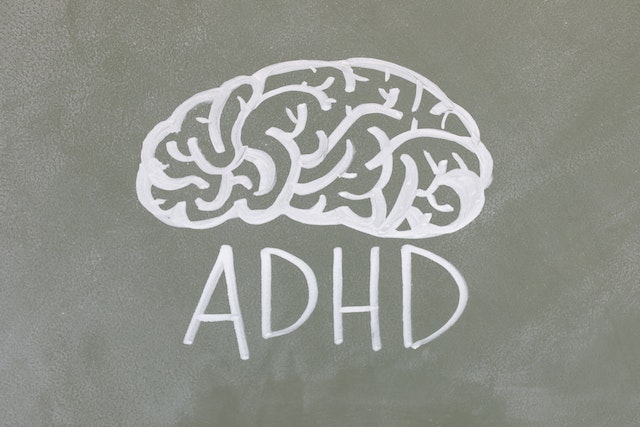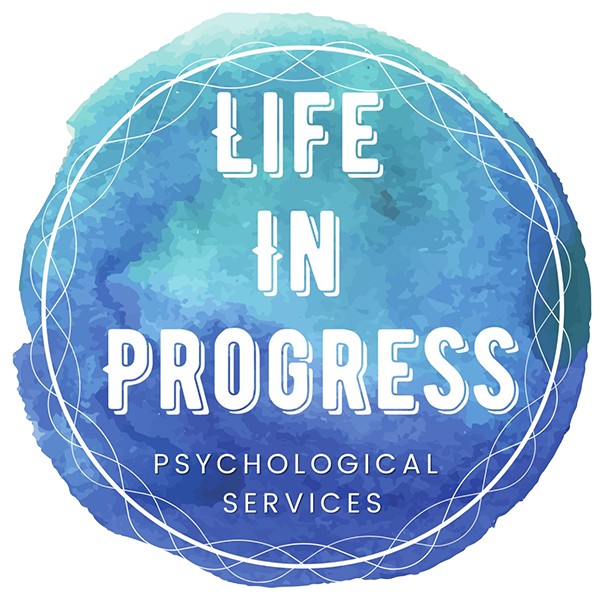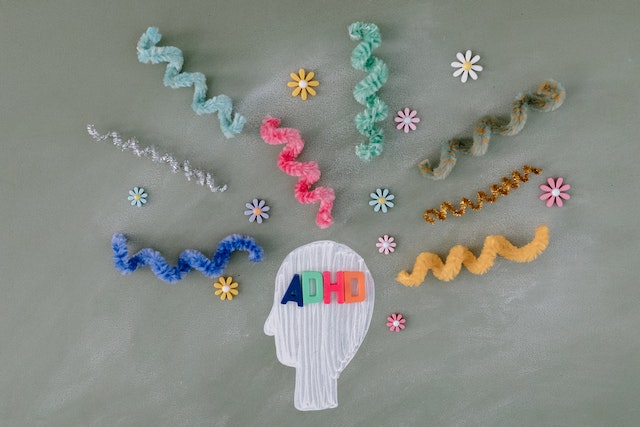Navigating the romantic rollercoaster can be tricky, especially when ADHD hops on board. But don’t sweat it—love can flourish amidst these challenges with the right approach. Buckle up and let’s dive into some fun, practical, and research-backed strategies to transform your relationship into a love story filled with understanding and connection.

The Impact of ADHD on Romantic Relationships
Chit-Chat Challenges: Turning Talks into Tangos
People with ADHD might struggle with staying focused during conversations, leading to miscommunication and frustration. Research shows that structured communication techniques, like using “I” statements and summarizing key points, can enhance understanding and reduce conflicts. So, let’s turn your chit-chats from chaotic to cozy! Practice patience and active listening
Emotional Rollercoaster: Navigating the Ups and Downs
ADHD often brings emotional ups and downs, with impulsive reactions or mood swings straining your emotional bond. Studies highlight the benefits of mindfulness practices and emotional regulation strategies in managing ADHD symptoms. By incorporating these strategies, you can transform emotional turbulence into smooth sailing, turning those ups and downs into steady, loving waves.
Forgetfulness and Disorganization: Structure That Sizzles
ADHD can make remembering important dates and commitments a real head-scratcher, causing tension when one partner feels overloaded. Empirical research supports using shared calendars and reminder apps to stay organized. Let’s turn organization into a team sport—because teamwork makes the dream work! Build a structured system together to zap the stress and boost your bond.
Time Management Tangles: Find Your Rhythm
Time management troubles can lead to lateness and disorganization, stressing out both partners. Research shows that clear schedules and time management tools can significantly improve punctuality and reduce frustration. Embrace these tools to find your groove together—creating a balanced and harmonious relationship that’s in perfect sync.
Hyperfocus Hubbub: Balancing the Love
Hyperfocus, where individuals with ADHD get absorbed in certain tasks, can unintentionally lead to neglecting partner needs. Studies suggest setting boundaries and regularly checking in with each other to maintain balance. By being mindful of hyperfocus tendencies, you can ensure that both partners feel valued and connected.
Impulsivity Sparks: Turning Spontaneity into Shared Adventures
Impulsivity in ADHD can lead to spontaneous actions that might catch your partner off guard. While spontaneity adds excitement, it can also create conflicts. Research suggests discussing potential impulsive behaviors and making plans can help manage these moments constructively. Embrace the thrill of spontaneity while keeping communication clear—transforming impulsivity into shared adventures and fun surprises.
Follow-Through Fumbles: Building Trust Brick by Brick
Difficulty following through on commitments can lead to disappointment and reliability concerns. Studies support setting realistic goals and using accountability partners to enhance follow-through. Build trust through consistent actions, turning doubts into confidence. After all, trust is the cornerstone of any strong bond.

8 Empowering Tips for Navigating Romantic Relationships with ADHD
Educate and Communicate: Heart to Heart Huddles
Build a strong foundation with open and honest communication. Educate your partner about ADHD, its symptoms, and how it uniquely affects you. Couples or individual therapy (with a dope ass therapist like myself) can provide a safe space for sharing thoughts, emotions, and concerns. Empower your journey through knowledge and compassion, fostering a love that thrives amidst the challenges of ADHD.
Build Routines Together: Structured Love
Predictable routines help individuals with ADHD manage time and reduce forgetfulness. Implement shared calendars or to-do lists to keep track of important dates and tasks. Need help finding the fun in “structure” and “routine”? I’ve got plenty of creative ways to make these tasks more enjoyable in therapy. Structure doesn’t have to be a snooze!
Practice Intentional Listening: Enhance Understanding
Both partners should practice active listening to better understand each other’s needs and concerns. Make eye contact and offer verbal or non-verbal cues to show engagement. This not only improves communication but also strengthens your emotional connection.
Develop Coping Strategies: Cool, Calm and Connected 😉
Work together to develop coping strategies for managing impulsivity and emotional dysregulation. Techniques like taking breaks during conflicts or practicing relaxation can help. Through therapy, you can gain tools to manage these challenges, fostering healthier responses during conflicts and building a more supportive relationship
Seek Professional Support: Gain Valuable Insights
Couples counseling or therapy can address specific ADHD-related challenges in your relationship. *Cue*Dope ass therapist enters on scene, can offer insights and tools to enhance your communication and understanding. Professional support can be transformative, helping you navigate the complexities of ADHD together. Therapy is the ultimate relationship hack!
Focus on What’s Going Well: A Little Celebration Goes a Long Way!
Celebrate each other’s strengths and accomplishments, emphasizing gratitude for the unique contributions both partners bring. Focusing on these strengths creates a positive and encouraging environment.
Tackle Responsibilities Together: Partners in Crime
Non-ADHD partners can support by sharing responsibilities. Therapy helps partners collaborate on shared tasks without assigning blame, finding solutions that bring you closer together instead of driving you apart. This teamwork approach fosters unity and mutual support. Together, you’re unstoppable!
Encourage Self-Care: Promote Well-Being
Encourage self-care practices to reduce stress and promote emotional well-being. Activities like exercise, meditation, or hobbies can be excellent outlets for relaxation and rejuvenation. Prioritizing self-care helps maintain a healthy balance and enhances your relationship’s overall quality.

ADHD presents challenges, but with understanding, patience, and effective communication, couples can build a loving and supportive partnership. Educate each other about ADHD’s impact, establish routines, and develop coping strategies to navigate the complexities together. Seeking professional help through therapy can provide additional insights and tools for improving communication, emotional regulation, and time management.
Remember, a successful relationship with ADHD requires teamwork, empathy, and a commitment to supporting each other through highs and lows. By embracing these tips, couples can foster a deep connection and create a lasting bond filled with love, understanding, and growth. Together, you can transform struggles into strengths, making your love story one for the ages.
References:
Communication Challenges
- Barkley, R. A. (2015). Attention-deficit hyperactivity disorder: A handbook for diagnosis and treatment (4th ed.). New York: Guilford Press.
- This book provides comprehensive information on ADHD, including communication challenges and structured techniques like using “I” statements.
Forgetfulness and Disorganization
- Kooij, J. J. S., Bijlenga, D., Salerno, L., Jaeschke, R., Bitter, I., Balázs, J., … & Asherson, P. (2019). Updated European Consensus Statement on diagnosis and treatment of adult ADHD. European Psychiatry, 56, 14-34.
- This consensus statement discusses strategies for managing ADHD symptoms, including the use of shared calendars and reminder apps.
Emotional Regulation
- Gross, J. J. (2015). Emotion regulation: Current status and future prospects. Psychological Inquiry, 26(1), 1-26.
- This paper covers emotional regulation strategies, including mindfulness practices, which are beneficial for managing ADHD symptoms.
Time Management Issues
- Swanson, J. M., & Volkow, N. D. (2009). Pharmacokinetic and pharmacodynamic properties of medications for ADHD: Implications for adult and adolescent patients. American Journal of Psychiatry, 166(4), 385-395.
- Discusses the importance of time management tools and clear schedules for individuals with ADHD.
Hyperfocus and Neglect
- Asherson, P., Buitelaar, J., Faraone, S. V., & Rohde, L. A. (2016). Adult attention-deficit hyperactivity disorder: Key conceptual issues. The Lancet Psychiatry, 3(6), 568-578.
- This article addresses hyperfocus in ADHD and the importance of setting boundaries.
Impulsivity
- Barkley, R. A., Murphy, K. R., & Fischer, M. (2008). ADHD in adults: What the science says. New York: Guilford Press.
- Discusses impulsivity in ADHD and strategies for managing spontaneous behaviors.
Lack of Follow-through
- Biederman, J., Petty, C. R., Evans, M., Small, J., Faraone, S. V., & Doyle, A. E. (2010). How persistent is ADHD? A controlled 10-year follow-up study of boys with ADHD. Psychiatry Research, 177(3), 299-304.
- Highlights the importance of setting realistic goals and using accountability partners to enhance follow-through.
General Tips for Navigating ADHD in Relationships
- Ramsay, J. R., & Rostain, A. L. (2015). Cognitive behavioral therapy for adult ADHD: An integrative psychosocial and medical approach (2nd ed.). New York: Routledge.
- This book provides comprehensive strategies for managing ADHD in relationships, including communication, coping strategies, and professional support.

